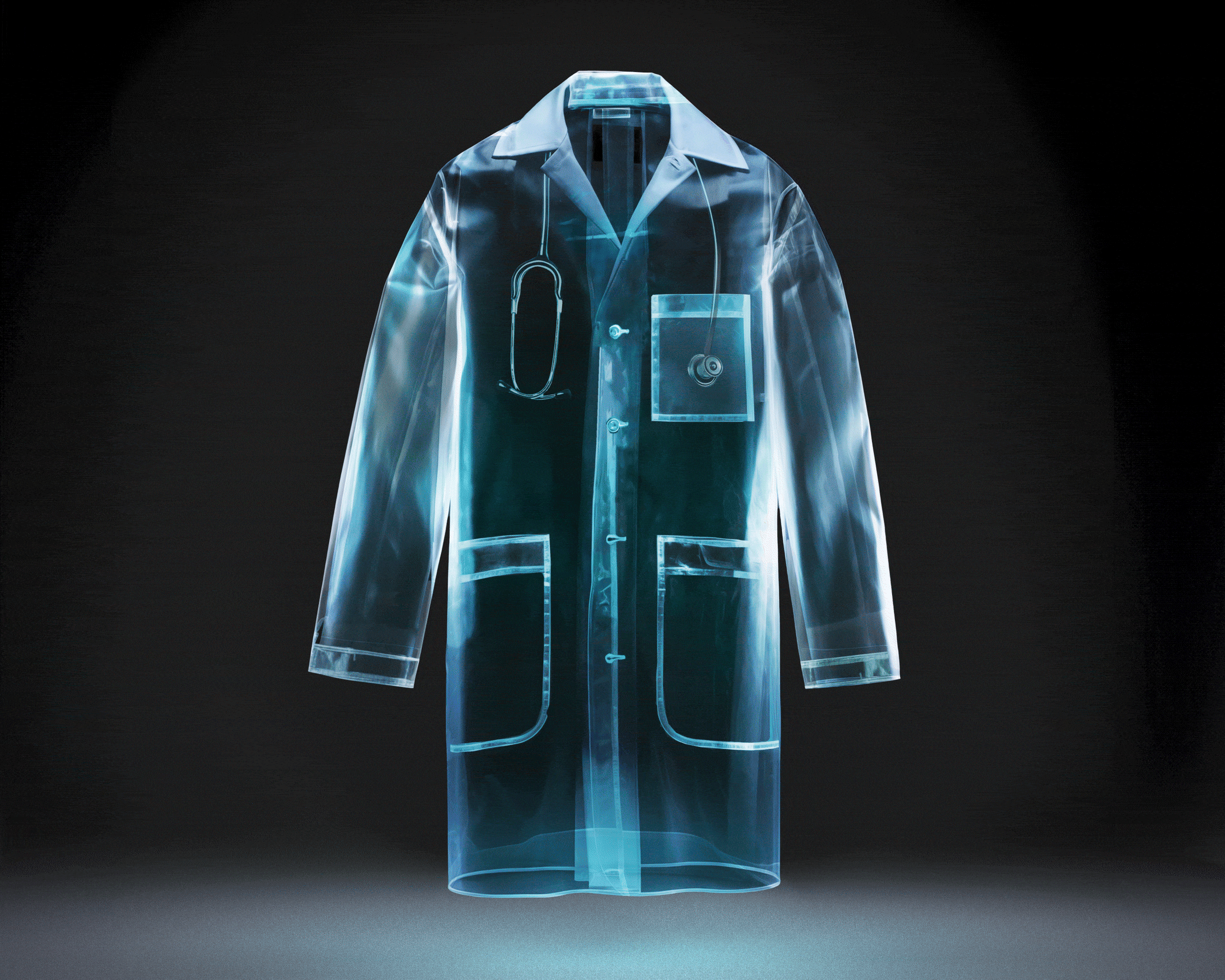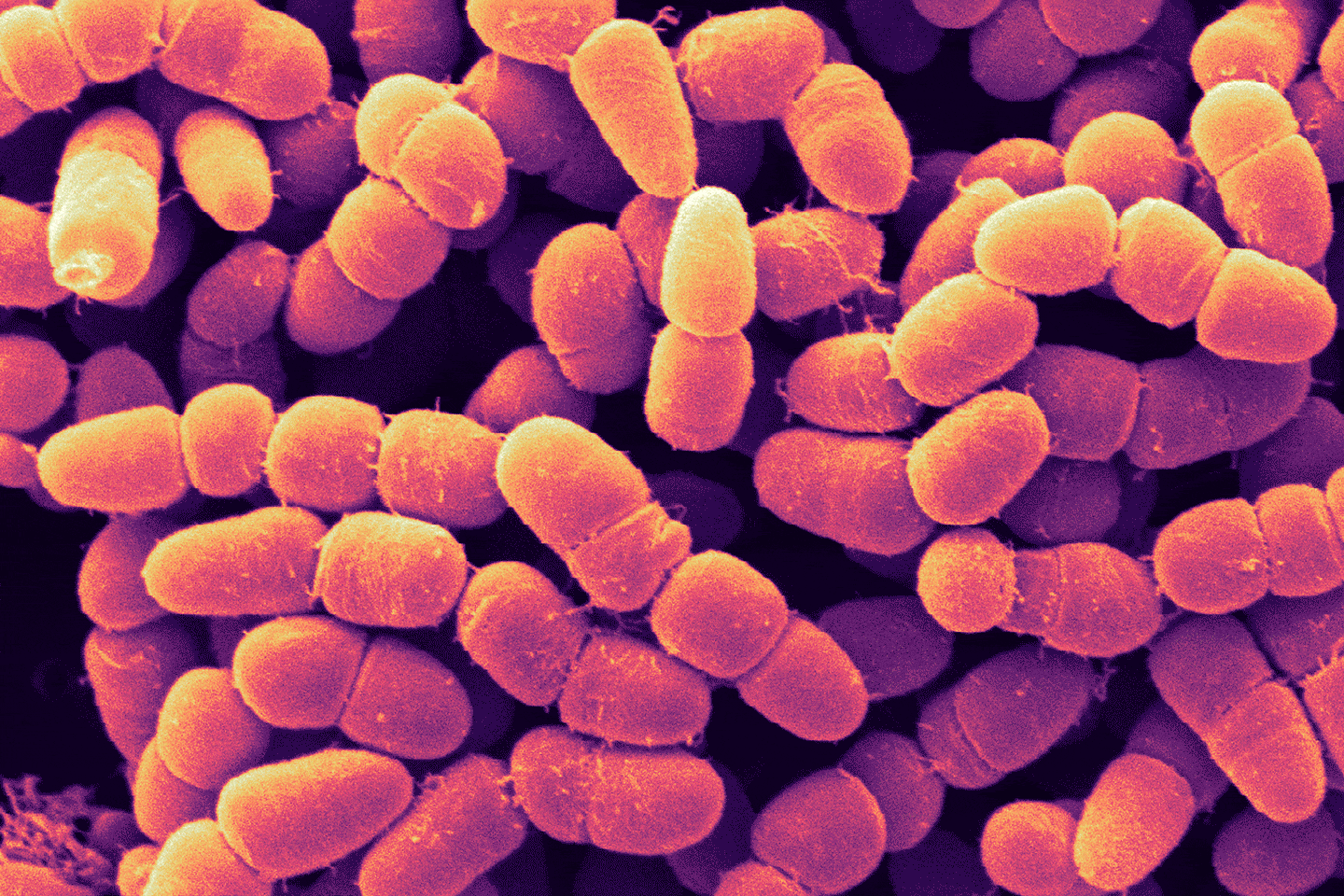Lou Auguste harnesses robotics and software to amp up remote medicine.
Waiting to hear whether a biopsy turned up cancer is agonizing for anyone. But at least in the U.S., a patient may expect biopsy results within a week. In a poor nation like Haiti, this can take many months, if it happens at all.
There are so few pathologists in Haiti that one hospital until recently shipped its tests to doctors in Boston for a 90-day turnaround time. Another, Justinien University Hospital in the city Cap-Haïtien, has given slides directly to patients who travel five hours to Port-au-Prince to get an analysis. Or doctors simply pursue treatment based on their best guess.
Lou Auguste, a New Yorker whose father was born in Haiti, saw the situation at Justinien in 2012 and decided to work on technology that could help. His startup, Alexapath, now wants to create a platform for pathologists anywhere in the world to diagnose patients in Haiti and other countries from their smartphones or desks. His small team is also developing algorithms that he hopes will speed up the work, so one day “human-machine teams” — trained technicians who prepare slides and software that screens them — can further stretch a pathologist’s capacity to assist remote clinics.
For now, Alexapath, working from an New York University incubator space, is testing its concept and prototypes more simply. It’s already connected doctors at Justinien with volunteer pathologists in Florida, who have so far diagnosed about 80 cases by looking at slides online, Auguste says.
His next step is to pilot the technology with pathologists in Tanzania and have them review slides in their spare time, perhaps even while sitting in one of the country’s infamous traffic jams. Those doctors, he says, “are like, ‘we’re down to make some more money.’ They charge $15 per diagnosis, so the cost is really low. We’re trying to create a network that is decentralized, so that anyone, anywhere can make a diagnosis.” (Many patients who need help are in Tanzania itself, which only has about 30 pathologists for a population of 55 million and, like Haiti, has regions where no pathologist is available. By comparison, the U.S. has one pathologist for every 17,000 people.)
Doctors in Tanzania told Auguste “we’re down to make some more money.” They charge $15 per diagnosis.
Tackling global health challenges wasn’t an obvious gig for Auguste. In his previous career as a film editor and director, he worked on documentaries about graffiti culture, including Banksy’s Exit Through the Gift Shop. However, his life changed when he visited Haiti as part of Anderson Cooper’s video crew in the wake of the 2010 earthquake.
“I wanted to help this little kid out who was sitting on this bed and needed to be moved somewhere else, so I picked him up,” he says. “I thought, ‘I like doing this better.’” He stayed in Haiti for a year working with aid organizations.
By the time he returned, he’d decided to do something different with his life. He edged his way into a new career by submitting a design for an app to a charity for the blind. The app made it possible to control TVs with gestures rather than by pressing buttons on a remote control. “I used my powers as a filmmaker and made a film that looked like this mobile app already existed,” he says. The charity awarded him a contract to actually build it.
All the time, he’d been returning to Haiti periodically, and found his way to Justinien because his father, a surgeon in the U.S., knew doctors there. Auguste began thinking about how to help the hospital get cancer diagnoses faster. That led him to team up with two friends with engineering backgrounds and launch Alexapath. Why the name? Take Alexander Graham Bell, inventor of the telephone and progenitor of descendant terms like “telemedicine,” and add “pathology.”
Alexapath’s goal may not sound particularly novel. Telepathology has been practiced for decades. In 2001, Swiss researchers launched iPath, an early online platform where pathologists could seek second opinions. And eventually human pathologists might not be needed to review many biopsy slides at all. Google announced this year that it had trained software to be at least as accurate as doctors in assessing 130 breast cancer samples — and the human doctors needed 30 hours to do the work. Several other companies, including IBM and Philips, are also developing artificial-intelligence systems for radiology, pathology, and other diagnostic fields.
Even so, there are still few low-cost and flexible options that can scale widely in the developing world. Many rural clinics can’t afford the expensive specialized microscope systems used to create high-quality digital images and run into problems uploading large image files at slow Internet speeds, according to Mwombeki Fabian, a Tanzanian digital health entrepreneur and clinician who is opening a modern diagnostic lab in Dar es Salaam, Tanzania, and is working with Auguste.
“They should be helping figure out how to cure diseases, instead of looking at pap smears all day long.”
Lou Auguste
Alexapath’s technology is meant to work more affordably with standard microscopes, the kind that even strapped hospitals in Haiti would have. Iterating with his two co-founders over nearly four years, Auguste has developed a camera and a robotic slide holder that fits on the microscope, so that it can be remotely controlled by a pathologist elsewhere. A doctor in, for example, Tanzania, views the patient’s slide, and uses Alexapath’s software to offer a remote diagnosis. Because the doctor is examining smaller portions of tissue at a time, it gets around some of the challenges of slower Internet speeds, Auguste says.
So far, Alexapath’s roughly $500,000 budget has come from grants and personal investments, but Auguste says the next step is to involve institutional investors. When I met him this summer Auguste was preparing to go to India and make a pitch to Qualcomm about algorithms Alexapath has developed to screen pap smear slides. The company’s working with three regional hospitals in India to launch field trials, in support of the Indian government’s goal of implementing cervical cancer screenings everywhere. The AI-based “diagnostic support” software that Alexapath is developing, Auguste says, could flag slides that need a closer look from a doctor, screening out the obvious negatives.
Auguste envisions AI and remote diagnostic technologies eventually combining to help stretch the limited time that pathologists have. “They should be helping figure out how to cure diseases,” he says, “instead of looking at pap smears all day long.”








